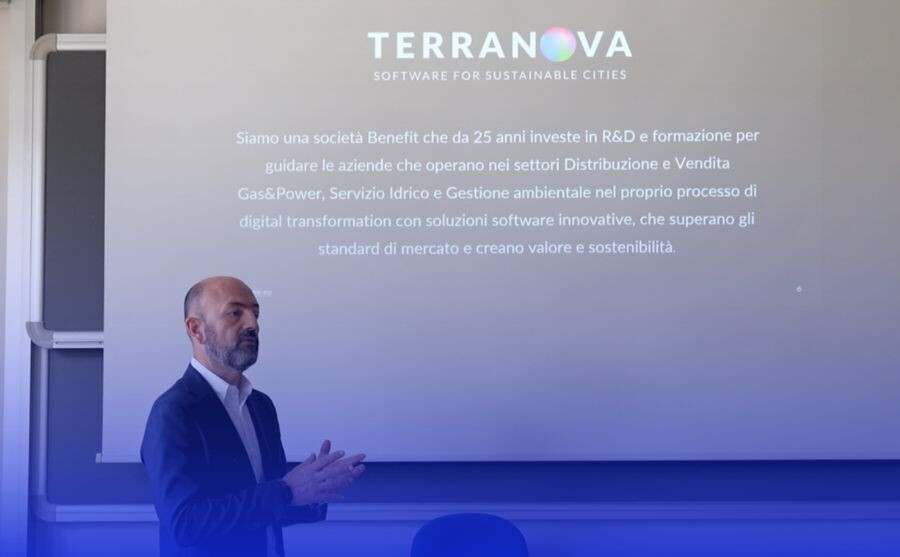
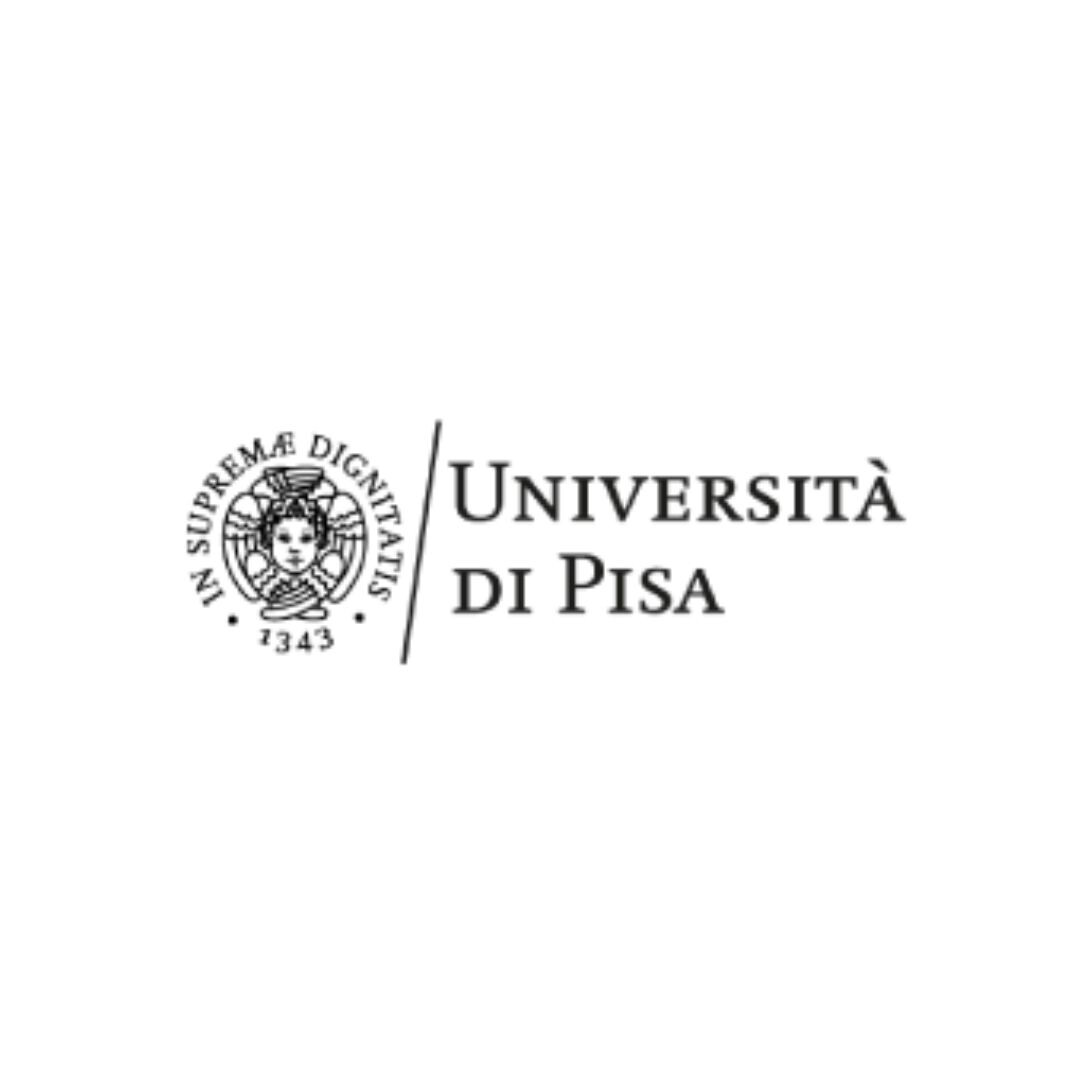

7/15/2025


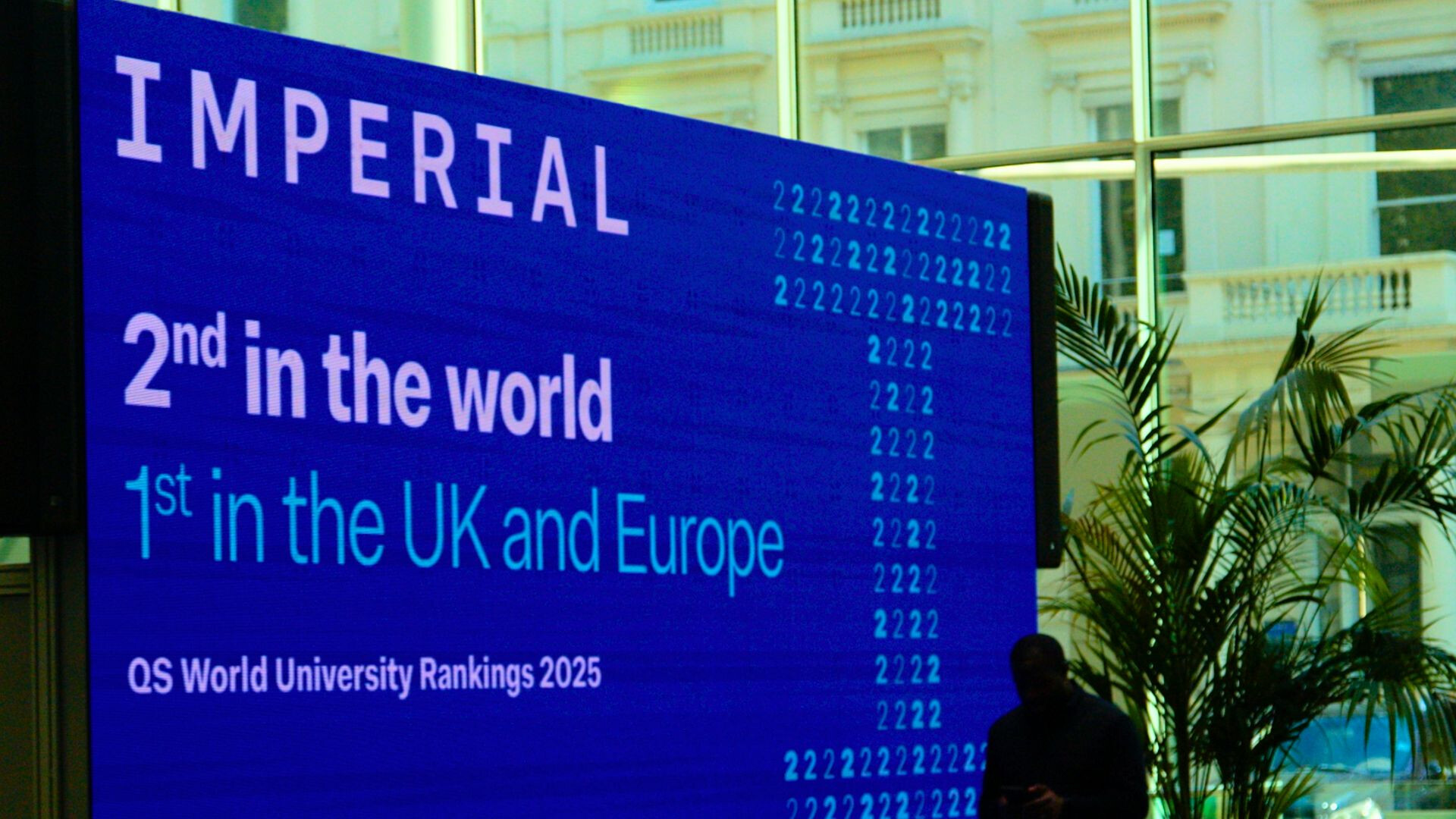
Imperial College London is a world-leading university for science, technology, engineering, medicine and business (STEMB), where scientific imagination leads to world-changing impact.
As a global top ten university in London, they use science to try to understand more of the universe and improve the lives of more people in it. Across Imperial's nine campuses and throughout the Imperial Global network, its 22,000 students, 8,000 staff, and partners work together on scientific discovery, innovation and entrepreneurship. Their work navigates some of the world’s toughest challenges in global health, climate change, AI, business leadership and more.
Founded in 1907, Imperial’s future builds on a distinguished past, having pioneered penicillin, holography and fibre optics. Today, Imperial combines exceptional teaching, world-class facilities and a habit of interdisciplinary practice to unlock scientific imagination.
The Goal
We set ourselves the goal of identifying frauds, leakages or tampering in gas networks in real time, in order to be able to manage the network efficiently and safely. This is a particularly complex challenge, because it requires the timely processing of large volumes of data from geographically distributed devices, as well as the ability to quickly separate anomalous events from simple operational variations. Timing is in fact a critical factor: the more time elapses between the event and its identification, the greater the potential damage to the network, both in terms of gas leakage and operational inefficiencies, and in terms of safety for people and plants. Detecting an anomaly even a few minutes earlier can make the difference between a targeted intervention and a systemic risk. In addition, the ability to prevent and counteract frauds or tampering makes a decisive contribution to the economic sustainability of the system and user confidence in the service.
The Project
With the students from Imperial College London, we developed a framework, which we called Lunar (Logic Based Utiliy Network Anomaly Recommission). Lunar's main goal is to identify anomalies in distribution networks.
This project has also produced a software tool that is available free of charge, albeit in an absolutely experimental form, using the data provided by the network detected by the sensors to build a model of the network itself. Specifically a model that describes a correct and normal operation of the network - for example in terms of the pressure and temperature values of the gas in the network; where the data is collected from the EE network. Then this tool builds specifications describing the correct operation. At the time of use, when new data is read from the sensors, it is checked against the specifications that were extracted in the learning phase, and if there is any abnormal value compared to the specifications we have, it is detected.
An anomaly is identified by the tool and is proposed to the technician who is picking up the system, who then has the tools to determine whether it is a real anomaly or simply values that have not yet been observed. During the monitoring phase, the tool can also be updated as new data is collected from the network. And if a behaviour is considered normal, the specification is updated to take this behaviour into account as well.

Dr. Francesco Belardinelli is senior lecturer at the Department of Computing, Imperial College London (joined in 2018), where he leads the research group on Formal Methods in AI. Since 2024 he is deputy director of the UKRI CDT in Safe and Trusted AI (co-director since 2019), which focuses on the use of neuro-symbolic techniques to ensure the safety and trustworthiness of AI systems.
Over the years he has co-authored more than 90 conference and journal papers on the theoretical foundations and applications of formal methods to the specification and verification of complex multi-agent and AI systems. To develop his research projects, Dr Belardinelli have benefited from 15 main research grants from funders in Italy, France, UK and the EU, including:
Currently, Dr Belardinelli is a member of the European Laboratory for Learning and Intelligent Systems (ELLIS), Association Française d’Intelligence Artificiel (AFIA), and Associazione Italiana di Logica Applicata (AILA). Dr Belardinelli is an experienced organiser of workshops and scientific events. In 2023 he co-organised the Safe and Trustworthy AI workshop at ICLP2023. In 2021 he acted as workshop co-chair for AAMAS2021. In 2017 he acted as programme co-chair for EUMAS2017, co-located with AT2017. As director of the STAI CDT, he organised the 2021 and 2023 editions of the Summer School on Safe and Trusted AI (the 2025 edition is currently in preparation). Dr Belardinelli is regularly invited to serve as (senior) PC member of major conferences in AI (AAAI, IJCAI, NeurIPS, ICLR, ICML, ECAI), multi-agent systems (AAMAS), and knowledge representation (KR&R). Since 2024 he is member of the editorial board of the Journal of Artificial Intelligence.
The collaboration with Terranova went very well and we are extremely happy with the work we were able to do together. Above all, because in our research group the focus is on fundamental research, but it is also important that this research finds an application outlet and contributes to the well-being of society more generally.
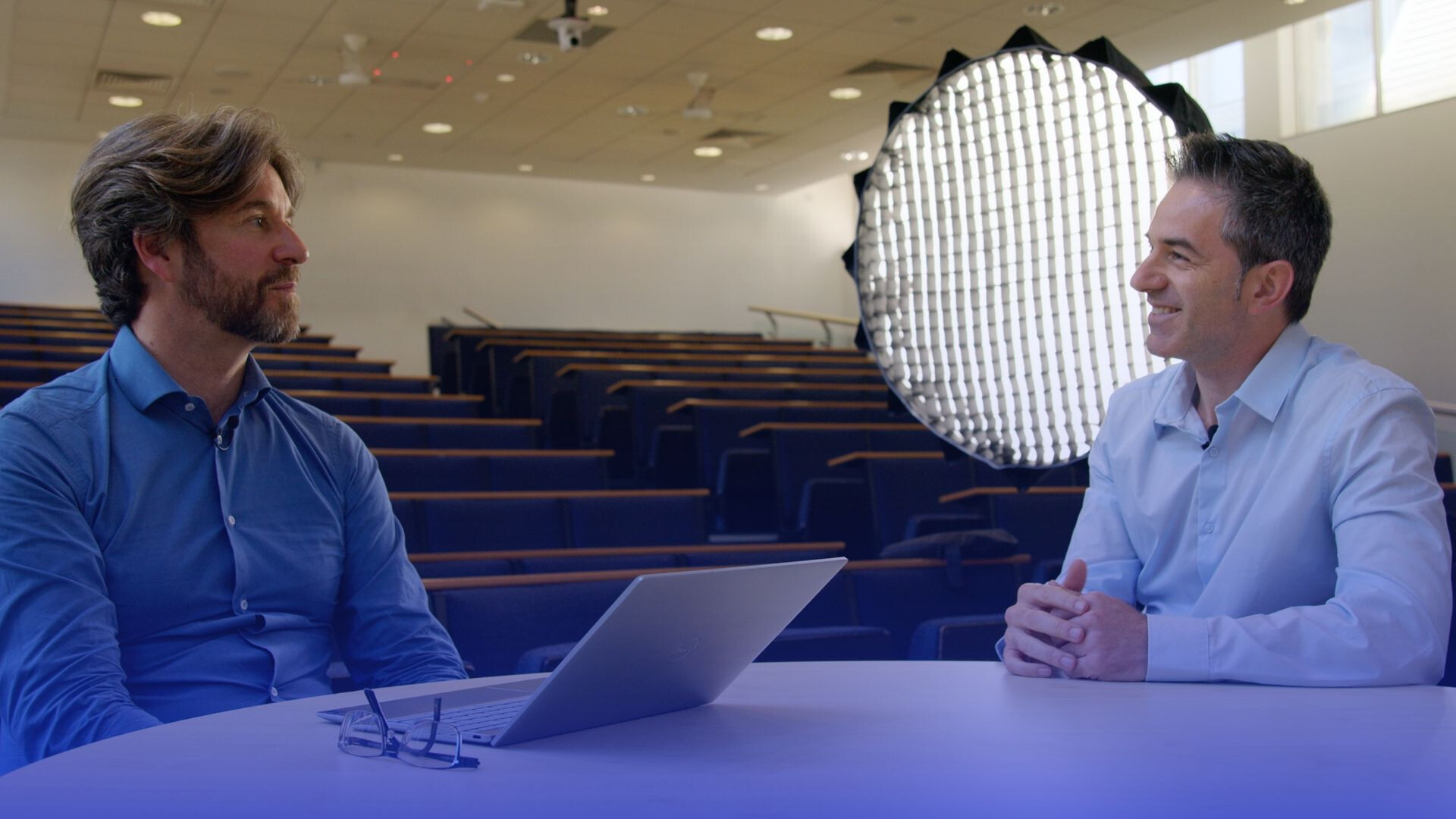
Terranova & Open Innovation
We collaborate with research organisations, universities and start-ups around the world, with the common goal of creating solutions that enable us to revolutionise the world of Utilities. Over the years we have built a collaborative ecosystem based on knowledge sharing, within which we have created partnerships that accelerate the innovation process and allow us to develop solutions that exceed market standards.




7/15/2025
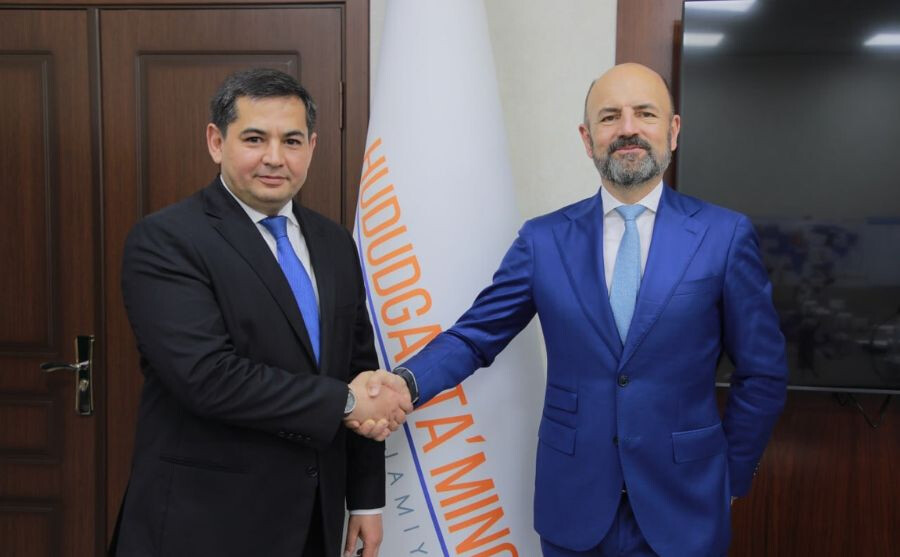

4/9/2025


1/9/2025